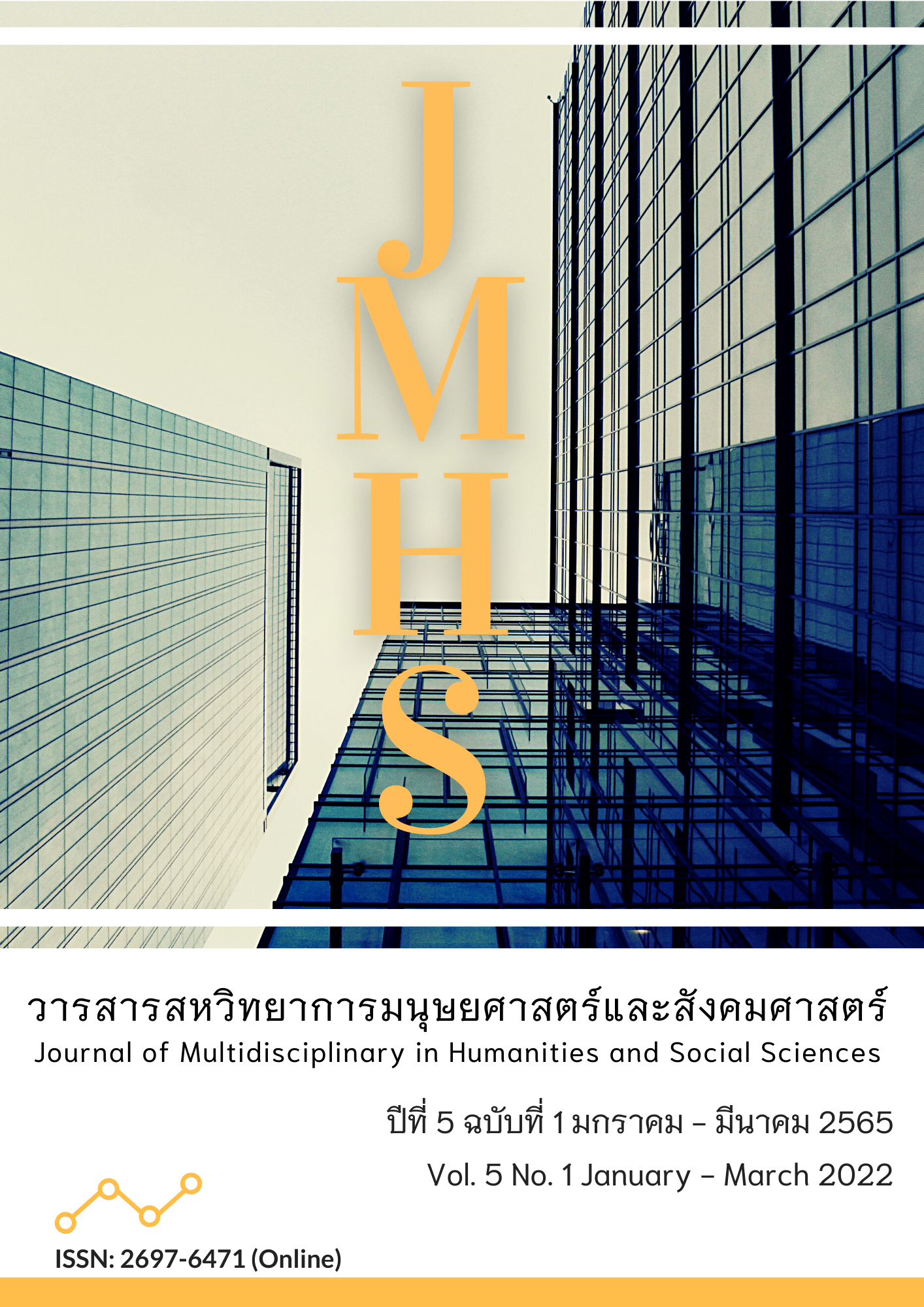Personal Attributes Influencing the Poverty of Thai Farmers
Main Article Content
Abstract
The main objective of this study was to determine the personal attributes influencing the poverty of Thai farmers. The study was qualitative in nature. The needed data were obtained from documents, non-participant observations, and in-depth interviews with the poor and the nonpoor farmers totaling 30 farmers. Farming households living below 32,000 baths a year were regarded as poor farmers or poor households. The collected data were analyzed by means of analytical interpretations. As a result of the data analysis, the following facts were brought to light.
The salient characteristics of the poor farmers were as follows: 1. Their ancestors were poor and their family sizes were large. 2. The way that they socialized their children were deficient. 3. Their interactions with the outside world were limited, they had no social power, they were not brave enough to take risks, and they possessed undesirable work habits. 4. They had ‘present-oriented’ values rather than ‘future-oriented’ ones. 5. The number of their work skills was so few that they were not capable of doing supplementary work. 6. They were inclined to get involved in gambling. 7. They were unable to gain access to financial institutions, politicians, and public officials. With regard to the non-poor farmers, on the whole, their characteristics were in large measure in contrast to the characteristics of the poor farmers.
Article Details

This work is licensed under a Creative Commons Attribution-NonCommercial-NoDerivatives 4.0 International License.
Views and opinions appearing in the Journal it is the responsibility of the author of the article, and does not constitute the view and responsibility of the editorial team.
References
Creswell, J. W. (2009). Research Design. California: Sage Publications.
Gans, H. J. (1986). The Uses of Poverty: The Poor Pay All. Social Policy, 2(2), 20-24.
Hanphichai, S. (2021). Guidelines to Eliminate Thai Farmers’ Poverty in Chaiyaphum Province. Nimit Mai Review, 4(1), 38-44.
Lewis, O. (1990). The Culture of Poverty. In William Fliegelman (Ed.). Sociology Full Cycle. New York: Holt, Rinehart and Winston.
Miller, W. (1989). Lower Class Culture as a Generating Milieu of Gang Development. Journal of Social Issues, 14(3), 5-19.
Office of Agricultural Economics. (2006). Poverty Condition in Agricultural Household. Bangkok: Ministry of Agriculture and Cooperatives.
Phantaeeya, S. (2009). Public Policies for Reducing Inequality in Thailand: Microfinance. King Prajadhipok's Institute Journal, 17(1), 58-74.
Saranjit, T. (2015). Problem of Poverty in Thailand. EAU Heritage Journal Social Science and Humanity, 5(2), 12-21.
Songsittikul, C. (2021). Poverty Management of Famers: A Case Study of Muang District Suphanburi Province. Journal of MCU Nakhondhat, 8(7), 417-431.
Van Maanen, J. (1983). Qualitative Methodology. California: Sage Publications.


